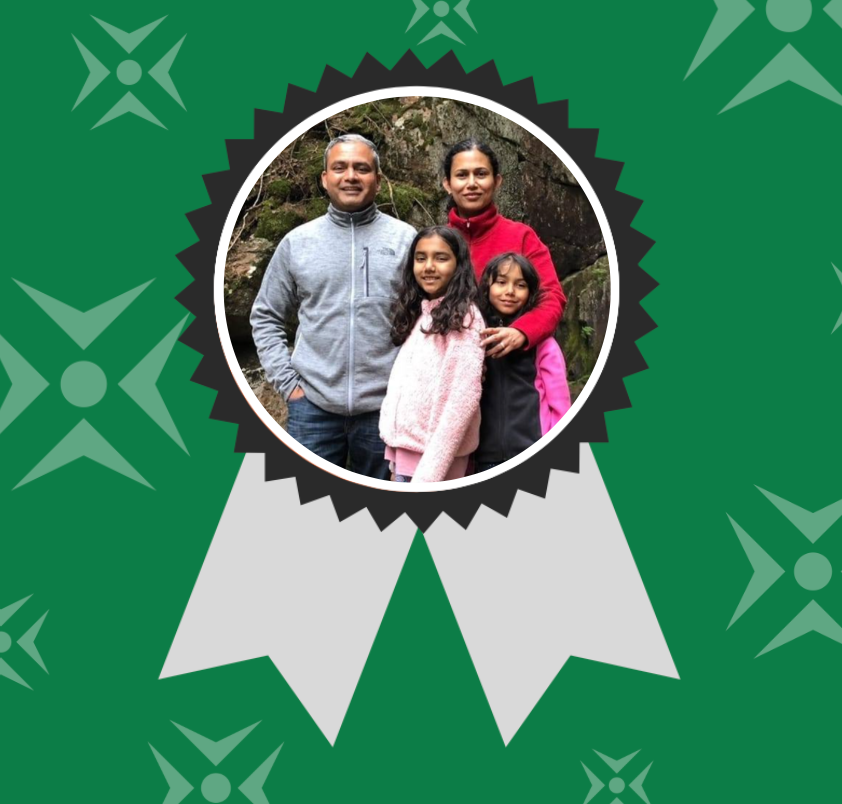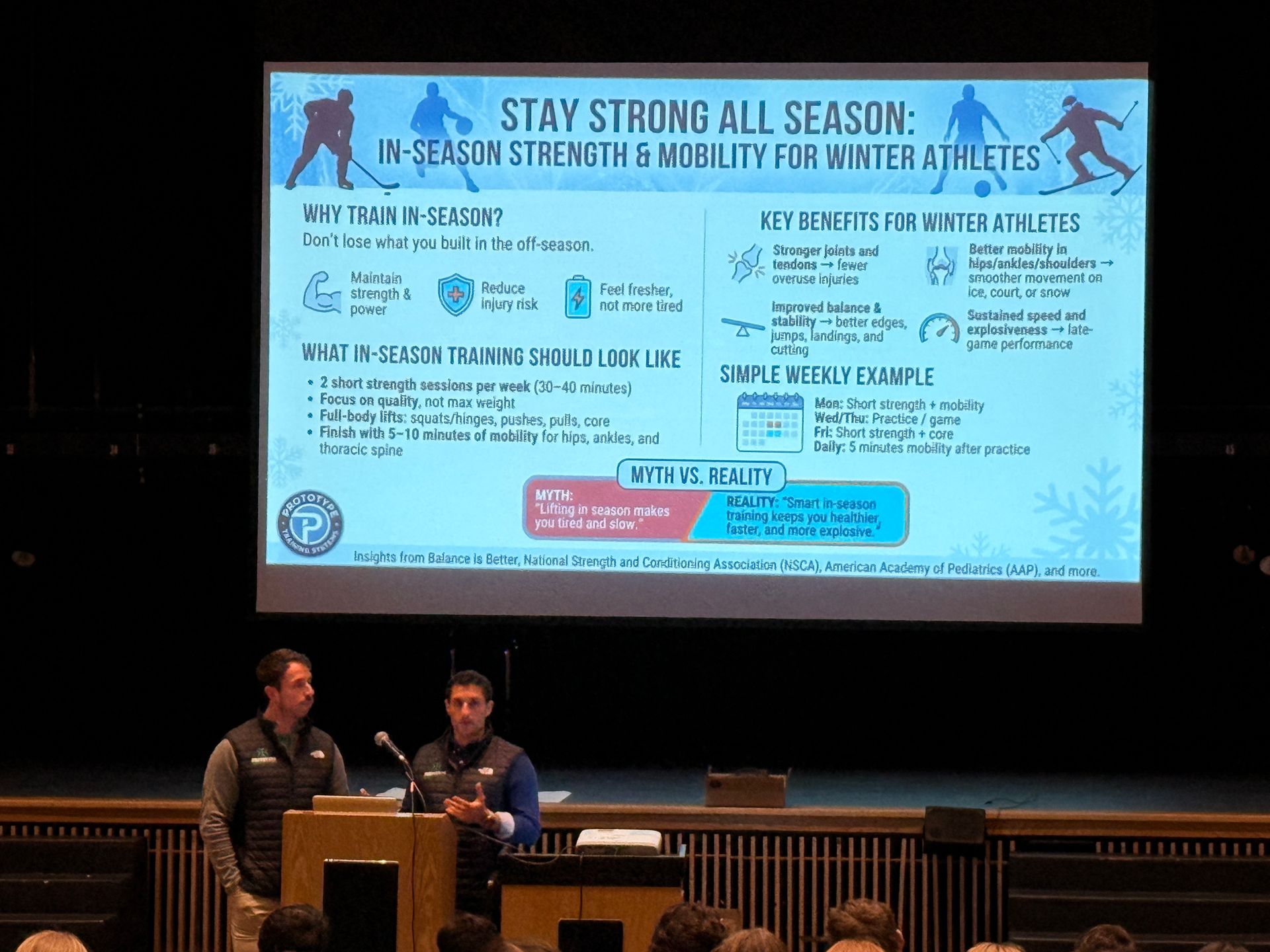Lessons Learned: 100% Human at Work and Big Problems Event
Week 3: 6/23/24
This week I was fortunate to be invited to attend a 3 day event in NYC. On Wednesday, I was 1 of 100 leaders invite to Virgin Unites 100% Human at Work event called “Festival of Ideas”. There was an amazing panel of speakers and presenters from all around the world including former President of Iceland to formerly incarcerated individuals who are working to change the perception around hiring former prisoners. It was fascinating and to that, incredibly emotional.
The following two days, we hosted over 200 leaders from various organizations to discuss some of the biggest problems we are facing in the world today. There were over 22 speakers including best selling authors such as Mark Brackett to former head of the CIA. I’m super grateful that I was able to be one of those presenters to discuss Future of Health with Sports Medicine and Othropedic Doctor, Amy West (head team physician for The CrossFit Games).
In addition, I invited several of our coaches at Prototype to attend/participate and several of our amazing members at Prototype. While these were two separate events, the major themes were similar… How do you drive change? How do you help create self drive? How do we change work? How do you deal with uncertainty in the world? How can help people develop better judgment and decision making? All incredibly challenging topics that are NOT clear on how to solve, rather, are all problems EVERY industry is facing.
There was A LOT over these past 3 days, so I distilled this down a bit. Below are some of my lessons and favorite quotes/lessons/things to think about from the week:
Wednesday 6/21-Friday 6/23
1 Lesson, 2 Things to Think About, 3 Quotes
1 Lesson…
The power of Emotional Intelligence and Language:
Mark Brackett, one of my favorite presenters of the day and author of “Permission to feel” gave a presentation on Emotional Intelligence and he asked the crowd: “What do you hope for your kids when they’re in their 20’s?.. Probably not top SAT scores, advanced science courses, high grades… most answer they want their kids to be resilient, want deep/meaningful relationships, connections…” so why aren’t we putting more focus on this? How much education do we have on emotional vocabulary? It was interesting as he brought up this notion of a “feelings mentor”. He did a study where only 5% of kids identified their parents as their feelings mentor but most (70%+) didn’t feel they had one. He then shared the 2 reasons parents said they can’t/aren’t is because of #1 Time and #2 Fear (don’t feel they’re capable of what to do). The lesson… we all could learn to talk about emotions a bit better and understand that all emotions matter, that they’re all valuable tools.
He went on to share that emotional regulation is cultivated throughout life. It’s NOT about fixing emotions and changing them, rather learning how to use ALL EMOTIONS wisely to grow. He shared some very personal and horrific trauma he went through as a kid and how he was able to share this with his uncle. He’s gone on to become an incredibly successful professor, author and researcher, and he shared we all have trauma, but in varying degrees. “If we define ourselves by trauma, it leads to a fixed mindset, rather than a growth mindset.”
I was fortunate to get to talk with Mark and Coach him in the breakout session that I led. He’s an incredibly humble and intelligent guy, with a great sense of humor. I would highly recommend checking out his book “Permission to Feel” and his “Mood Meter” that he created over 20+ years of research at Yale.
2 Things to think about…
We’re living in a chronic case of uncertainty, but we like predictability… so how do we adapt to this in the the workplace?
We spend most of our time at work, during our most productive years. Wouldn’t you want to go to work with your friends? Have more meaningful relationships with those people? Have more authentic conversations vs. bringing it home?
3 Quotes…
“Between stimulus and response there is a space. In that space is our power to choose our response. In our response lies our growth and our freedom”
-Viktor E. Frankl
“If you want to learn how to do anything difficult, you need to do it with someone else”
-Meghan Messenger
“Emotions are signals to approach or avoid… if you don’t have the skills to deal with emotions, it limits your creativity… creative ideas aren’t enough, you need to be able to produce”
-Mark Brackett
The post Lessons Learned: 100% Human at Work and Big Problems Event appeared first on Prototype Training Systems.
Previous Blogs


Climb to New Heights
Prototype Training Systems is more than a gym - it is a lifestyle. Join us today!


